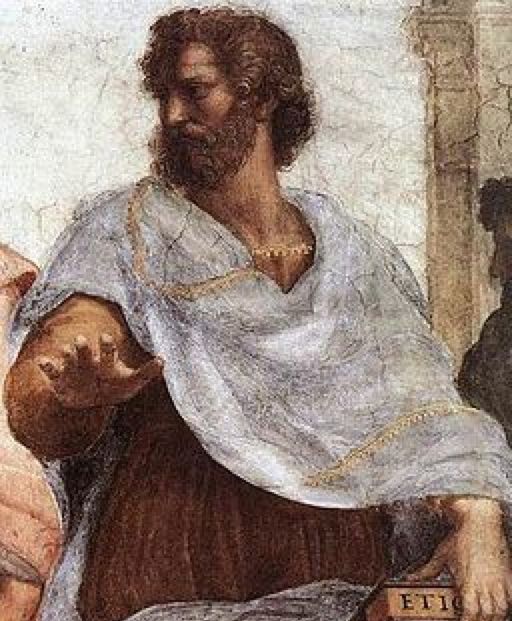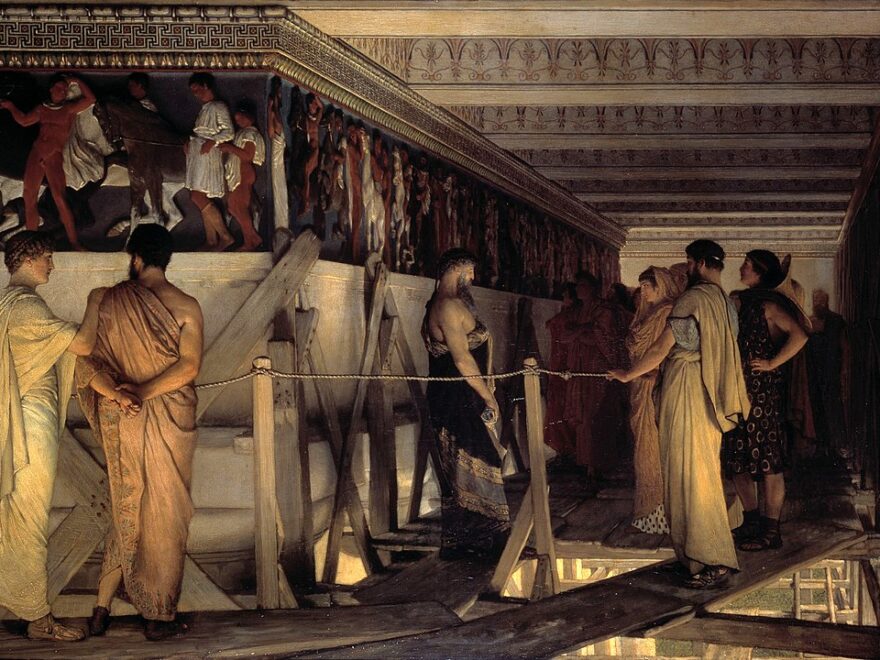Category: Classical Tradition
-

A Poem for Advent
With the Christmas season now in full swing, there tends to be a strong focus on the joys of being young. This is notably displayed in the excitement our culture generates around shopping and gift-giving, particularly for children. Movies like Home Alone, Elf, and A Christmas Story feature the idea of youthfulness prominently in their…
-

The Great Cause of Teaching
In Aristotle’s writings, the philosopher famously articulates four causes, or explanations, for why a thing exists: Together these causes serve as the foundation for whatever knowledge we can know about anything that exists. In this article, I will explore the final cause, or purpose, of teaching. It practically goes without saying that there is great…
-

The Role of Imagination in Education
Imagination. The word brings so much to mind for us today. If there’s one thing that everybody can agree on for children, it’s the need to help them develop a vivid imagination through school, play, and well… everything they do. Or perhaps, ‘develop a vivid imagination’ is the wrong way of putting it. “Every child…
-

Ancient Wisdom for the New Economy
Our educational renewal movement comes at a peculiar time in history. Classical education around the globe plugs us into something the predates many of the movements that shape the conventional educational assumptions of our day. One could identify the Enlightenment as the starting point of conventional education, largely because of the empirical epistemology that championed…
-

The Soul of Education, Part 1: What Is a Human Being?
Every educational philosophy necessarily relies on a pre-existing view of the human person. Anthropology informs pedagogy. Many of the problems that classical Christian educators have identified in conventional education have their roots in a false or insufficient view of human beings. The factory model of education, for instance, underrates certain aspects of human development and…
-

New Year’s Resolutions, Goal Setting and Education
The idea of New Year’s resolutions elicits strong reactions from some people. “If you want to change, why wait until the New Year to start?” the cynical say. Others perhaps remember the failure of last year with some measure of shame and regret. Still others are fired up about the success and dream-fulfillment that lie…
-

Counsels of the Wise, Part 8: Aiming at the Intermediate or Aristotle’s Moral Virtues
We’ve traveled far in this series on restoring the forgotten goal of prudence or practical wisdom to our educational goals. We established the necessity of prudence alongside moral virtue as constituting the intellectual virtue that accompanies and regulates all the moral virtues by deliberating about what is good or bad for human beings. A Christian…
-

Classical Education and the Rise of A.I.
Since the early days of the classical education renewal movement, one of the primary distinctives of a classical education has been strong academics. Through books like The Well-Trained Mind and Recovering the Lost Tools of Learning, classical educators have sounded a clarion call back to a tradition that offers a challenging yet rewarding academic program…
-

Counsels of the Wise, Part 7: Leadership, Liberal Arts, and Prudence
In the previous article we finally laid out a pedagogy for training students in prudence. While there are many preliminary actions that we can take to sow the seeds of prudence and provide for students’ good instruction from sources of moral wisdom, it is nevertheless true that the full acquisition of practical wisdom awaits a…
-
The Counsels of the Wise, Part 6: A Pedagogy of Prudence
At this point in our series, we have established prudence or practical wisdom as a Christian and classical goal of education. We have also laid out several paths toward prudence, seeds really, which must be sown in early youth in order to reap the full flowering of practical wisdom in students’ more mature years. Among…
